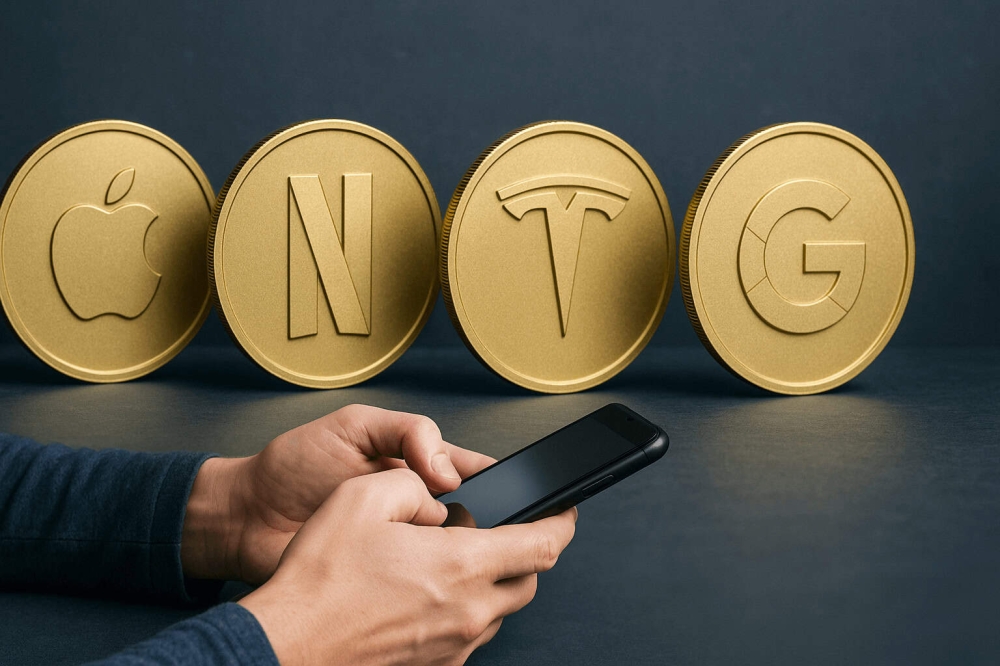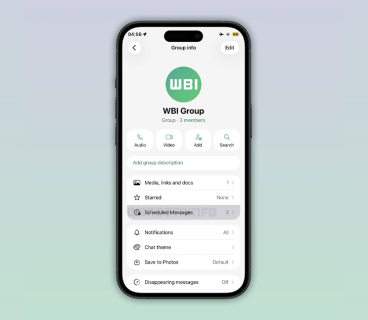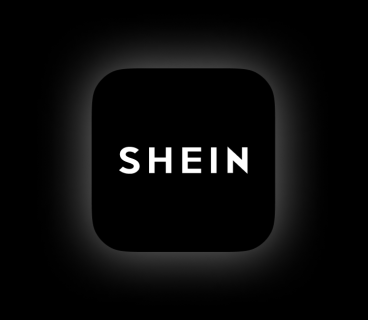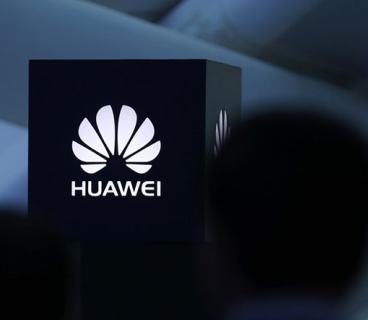The “Wallet” service integrated into the Telegram messenger has opened a new window to the crypto-financial market, offering users the opportunity to trade tokenized shares of leading U.S. companies. This offering includes securities from some of the world’s largest technology corporations such as Nvidia, Tesla, Apple, Alphabet, Microsoft, Oracle, and Amazon. At the same time, investors gain access to tokenized versions of major exchange-traded funds (ETFs) such as ProShares UltraPro QQQ, Invesco QQQ, SPDR S&P 500, and Vanguard Total Stock Market Index Fund.
These tokenized instruments are available in the custodial version of “Wallet,” within specially created sections called “Stocks” and “Funds,” and are activated for users in specific regions. Although the service provider has not fully disclosed geographical restrictions, it has stated that the new functionality will be gradually rolled out to all users. The trading process is not tied to the traditional working hours of U.S. stock exchanges — trades can be made continuously, 24 hours a day, five days a week (Monday through Friday).
All financial transactions are conducted using the USDT stablecoin. To encourage investors, the commission fee on stock transactions has been temporarily waived until January 1, 2026. Another advantage of the service is the ability to make micro-investments — users can start trading by purchasing as little as $1 worth of a security. Additionally, transferring purchased tokens between Telegram contacts is completely free of charge.
It should be noted that tokenized stocks are digital tokens backed on a one-to-one basis by real shares. Tokenized funds, meanwhile, are blockchain-based versions of exchange-traded funds composed of various bonds and shares. However, from a legal standpoint, these digital assets do not grant holders ownership rights to the underlying stocks or official shareholder status. For some stocks that pay dividends, token holders receive those payments in the form of tokens directly to their balances.
Shortly before this trading feature was introduced, on July 22, U.S. users were granted access to the non-custodial version of the Wallet — known as “TON Space” — where users retain full control of their private keys. Altogether, these innovations demonstrate Telegram’s growing strategic position in the global financial and cryptocurrency services market.







